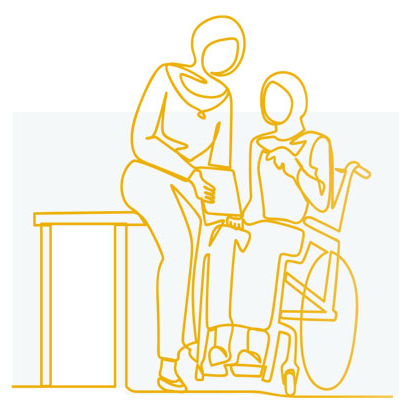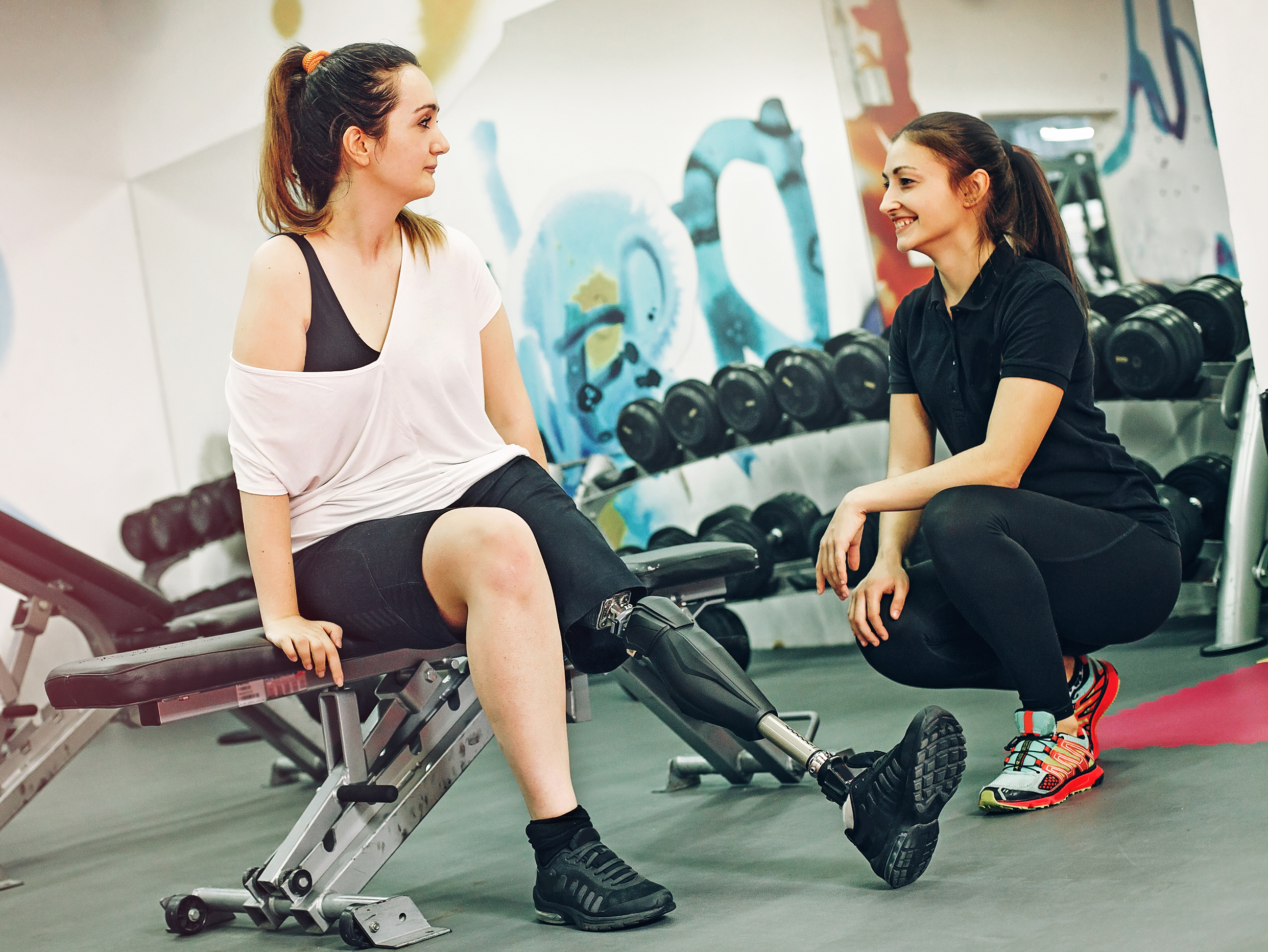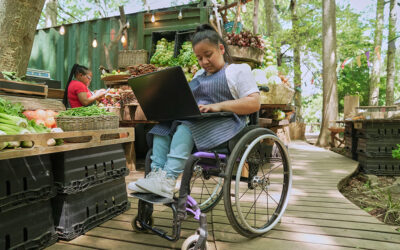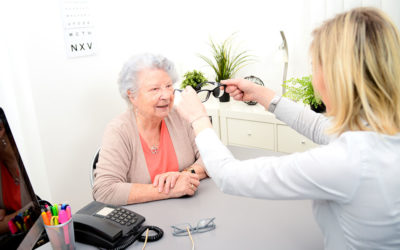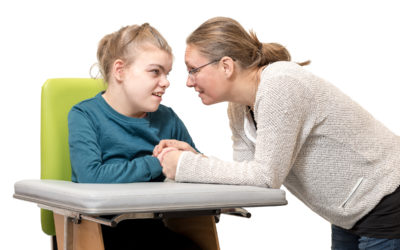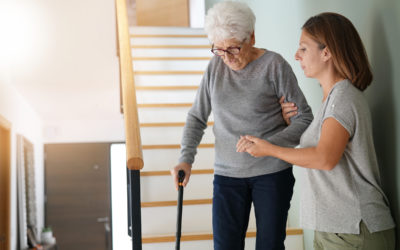Amputation
Loss of a limb, whether due to disease or sustained injuries is often sudden and unexpected. This gives the amputee little or no time to adapt their home to meet their mobility needs. Rehabilitation is an essential part of the recovery process and begins soon after the amputation is performed. Each rehabilitation programme is uniquely tailored to the individual and will involve the support of a Physiotherapist and Occupational Therapist and should enable an individual to carry out as many of their normal activities as possible, including moving around the home.
Psychological impact of amputation
Amputation can have a considerable psychological impact, so any element of normality is extremely important, including the ability to move freely around the home. The use of the usual bathing facilities and bedroom are an important factor during the adjustment period. A Stiltz Home Lift can be installed in under two days with minimal disruption allowing safe and easy access between floors.
Home adaptations
An amputee’s sense of body image, and other people’s perception of their body will have been affected. Whilst adapting to the psychological and physical change, mobility products and home adaptations should be considered. Some mobility products really look as if they belong in a hospital or institution rather than a home, which can be challenging for someone who has recently become disabled. A Stiltz Home Lift is an aesthetic addition to a home, can blend in with the existing decor and unlike a stairlift, does not encroach on the stairs used by other members of the household.
Disabled Facilities Grant (DFG)
Financial support is available to people with an amputation. A DFG is provided by the local authority to install home lifts, ramps, accessible baths/showers and other accessible adaptions in the home. These are provided with the aim of enabling disabled adults and children to lead more independent lives whilst supporting families and carers. Part of the Better Care Fund (BCF), a DFG is available in England, Wales and Northern Ireland, (in Scotland its equivalent is an equipment and adaptations grant).
Notes from our resident Occupational Therapist, Stuart Barrow
“Adjusting to life after an amputation isn’t an easy task. With the intensive physical theory needed, the relearning basic skills and the loss of independence can have a massive impact mentally. Any home adaptions that can increase independence can make the process significantly easier.”


Stiltz Homelifts Occupational Therapist and owner of Promoting Independence

Case Study
A man who lost both of his legs in a horrific accident almost a decade ago in Lyme Regis has finally realised his dream of living in a two-storey house after learning to walk again. Alexander Quan was left fighting for his life when a 7.5 tonne Royal Mail truck ploughed into him on his 38th birthday on October 15th, 201
Read Mr Quan’s Customer Story here – this link will open in a separate window.
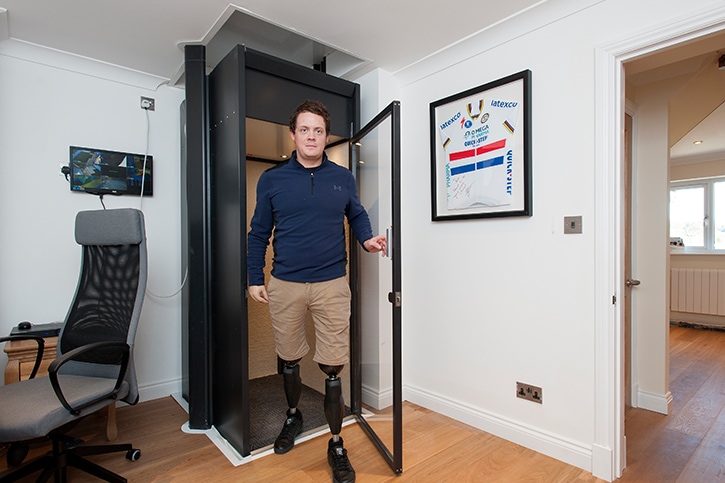
A Stiltz Home Lift can be installed in under two days with minimal disruption allowing safe and easy access between floors.
